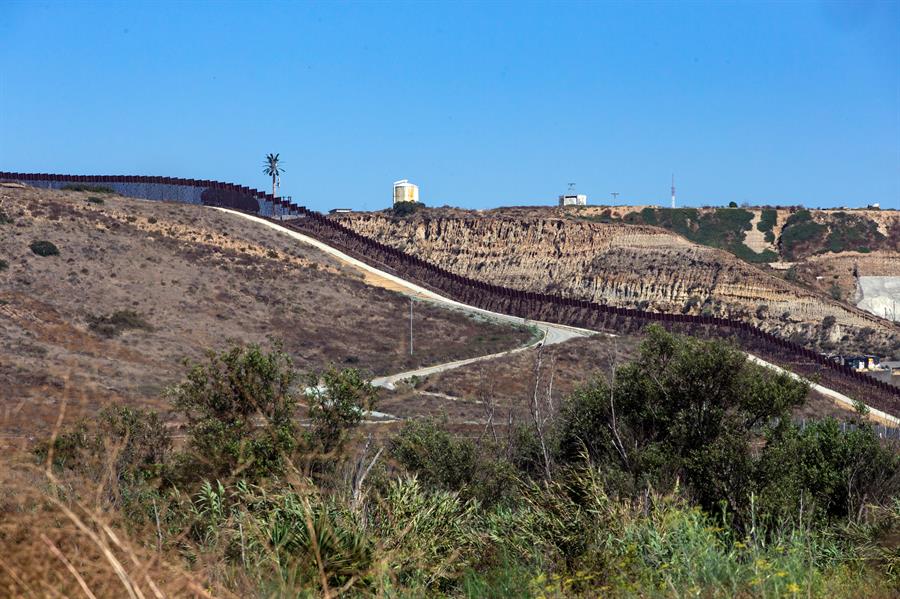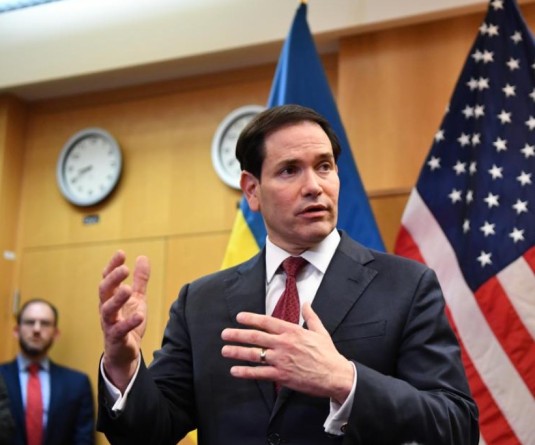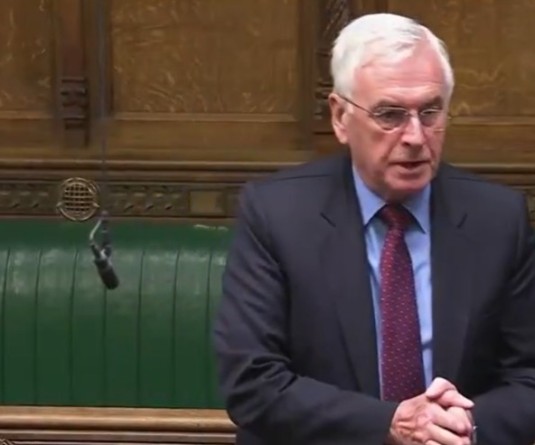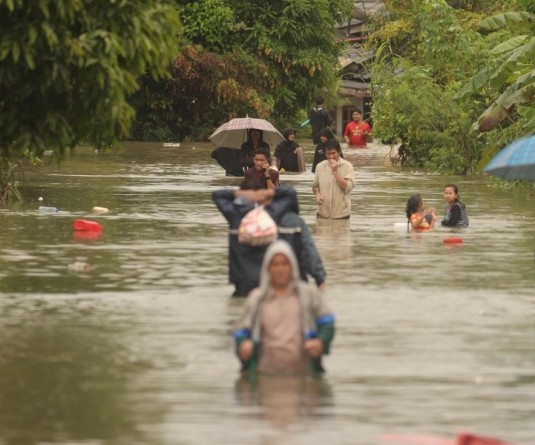Family fight Trump wall to save church, graveyard

The wall delimiting the border between the US and Mexico stretches on the hills and into the Pacific Ocean next to San Diego, California, USA on July 3, 2019. (EPA-EFE File Photo)
Washington, November 29 (EFE-EPA): A family on the US-Mexican border is standing against the building of the Trump Wall that would wreck churches and cemeteries that house the remains of their ancestors.
"The wall is not necessary," Ramiro Ramírez, who is fighting against President Donald Trump's policy to build a wall on the US border with Mexico, told Efe.
Ramírez's family is challenging the construction which threatens a temple and two cemeteries where his ancestors rest.
"I have my whole family there.
"I have my mom, my dad, my grandparents, my uncles there," Ramiro continued,
The activist, who is a psychologist by trade, describes himself as a rancher with deep roots to the land his relatives arrived in 1857 from Alabama, fleeing discrimination and slavery.
The Ramirez Family has joined forces with the Earthjustice NGO to file a lawsuit against Trump to a US District Court over fears they would lose access to their family gravesites and that their loved ones could be exhumed to build the wall.
The Family from San Juan, Texas, have been joined by the Carrizo/Comecrudo Tribe of Texas and landowners Elsa Hull and Joe Hein.
The Rio Grande International Studies Center, Greenlatinos and the Labor Council for Latin American Advancement organizations have also backed the Ramirez v. Trump lawsuit.
Ramiro's great-great-grandparents, Nathaniel and Matilda Jackson, fled from Alabama where the fact he was white and she a black slave made their lives difficult.
Once in Texas, they bought 5,500 acres (2,225 hectares) of land and helped many slaves in the US who were looking to go to Mexico or stay in that state.
It was there that in 1874 they built a small chapel that became the first Protestant church in southern Texas which was predominantly Methodist.
Next to the small whitewashed building, now known as the Jackson church, Nathaniel and his son Martin established a cemetery that Ramiro recalls walking around as a young boy with his grandmother.
Not far from the site is a second cemetery that Nathaniel left to his other son, Eli Jackson.
Despite having served the community for more than a century, these two cemeteries, protected by the National Historic Preservation Act of 1966, are in danger today because they straddle the layout of the border wall.
"There are two cemeteries they want to tear down. They will destroy them and the church too," Ramiro lamented.
"The only question that I have for the people who are going to do this, which are the president, senators and representatives (of the Lower House) is: When they die and look at God, how are these Christians going to explain to our God that they were involved in the destruction of two historic cemeteries and a church?"
For Ramiro, these people have no feelings and do not recognize that these places are very special.
"Not a week goes by that I do not go to see my daddy and my grandmothers, and they will destroy it.
"I have three girls, they ride their horses and go to the border, near where the river is...there is no danger," he says in a nod to Trump's claims for safety concerns in the area.
On 15 February, Trump declared a national emergency with which he sought to add another $6.6 billion to the 1.3 billion Congress had approved for the border wall.
With the measure, the president was seeking to raise almost 8 billion dollars to erect a 376 kilometers wall of steel posts, according to the White House.
For Earthjustice, the move violates the first article of the US Constitution.
"The power to appropriate funds to build a wall belongs to Congress, not the president," the NGO said in a statement.
"The demand is to curb the money that comes from the emergency declaration, it does not touch the money already directed by the Congress for the wall," Raul García, expert on border issues at Earthjustice, told Efe.
The complaint, filed before a federal court in the District of Columbia, seeks to reduce the impact of the wall.
"It will devastate the entire region, in environmentalist terms, for example," says Garcia.
The area is home to endangered species and a wall could increase the risk of flooding, as occurred in 2008 in Nogales (Arizona), which cost millions of dollars and claimed the lives of two people, the expert concluded.






